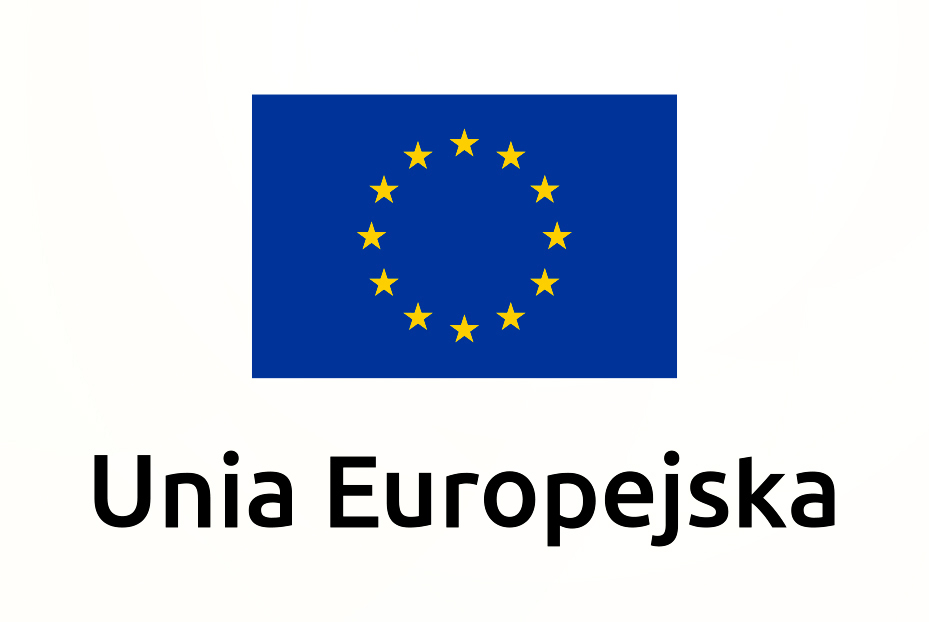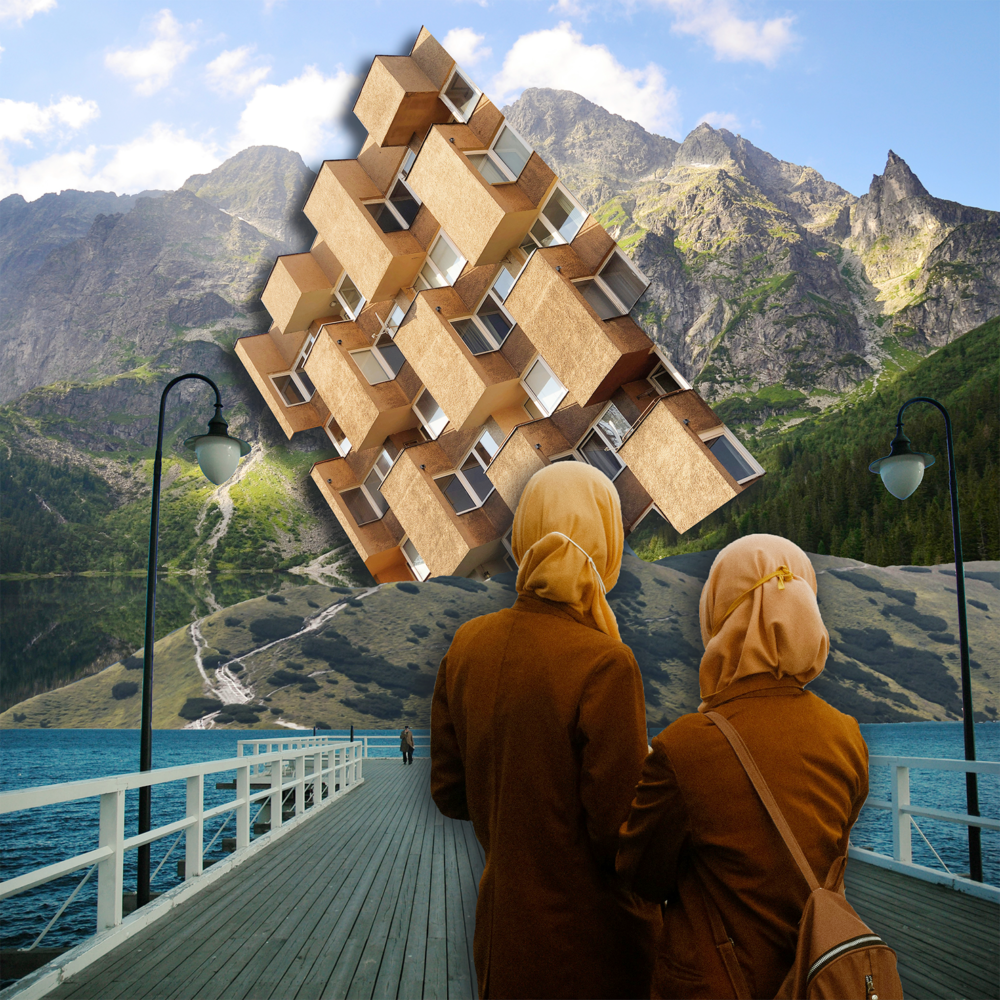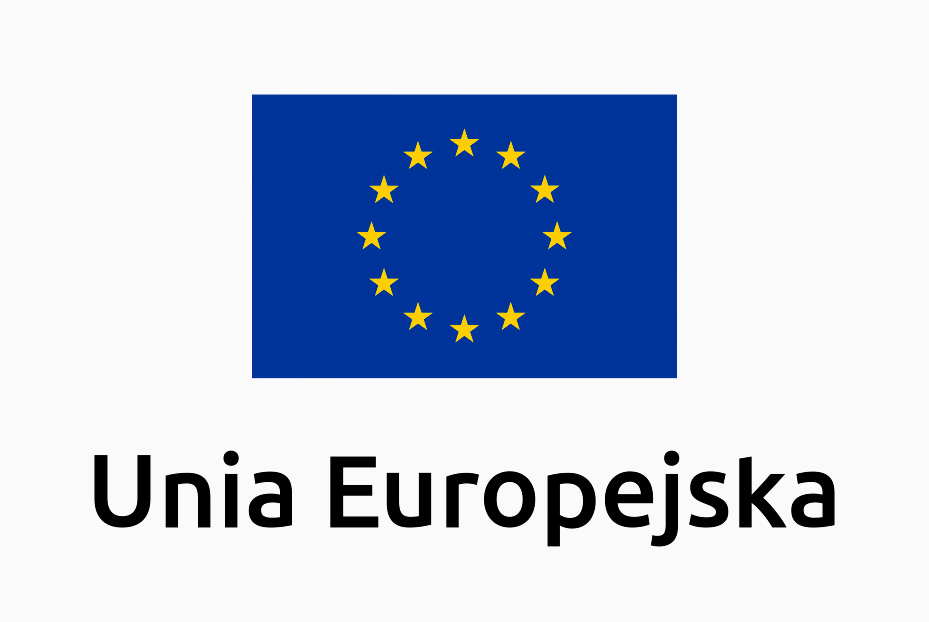In the first issue of ‘RTV Magazine’ after a year's break, we are concerned with movement and change while looking towards minorities living in Poland. We are interested in the diversity of perspectives and attitudes. In the process of actively unlearning dominant national, class, and patriarchal narratives, we draw attention to ways of (self-)organizing from minoritarian positions. We want this issue of the magazine to be a platform to talk about the culture that is created in communities of people with migration experience, those who are on the move and those who have been settled for centuries; in centres and on the periphery.
We have in mind the Romani, Kashubian, Lemko, Jewish, Tatar, Vietnamese, Belarusian, Ukrainian, German communities … They are present in many places in Poland, in towns and cities, from Podlachia to Silesia, from Subcarpathia to Pomerania. According to the 2021 census, this plurality was approaching the scale of 3.5 per cent of all people living in Poland; today it is much higher. Minorities are a foreshadowing of a multicultural, diverse future, reminding us that it has always been here.
At the last Venice Biennale, the Polish Pavilion featured embroidered, narrative paintings by Małgorzata Mirga-Tas, an artist born in Czarna Góra, in the Romani community. This year, Poland will be represented by three Ukrainian artists from the Open Group collective. At the Berlin Biennale, Zuzanna Hertzberg’s spoken performance and installation commemorated Jewish women resistance fighters during the second world war. Jana Shostak, an artist of Belarusian origin, stood as a candidate in last year’s parliamentary elections. In Podlachia, communities of Tatars, Lithuanians, and Belarusians, who are about to open their own cultural centre, have been organizing for years. Since the all-out war in Ukraine, millions of people have sought refuge in Poland, which has changed and continues to transform what used to be one of the most homogeneous societies in Europe. At the same time, people fleeing violence in Afghanistan, Iran, Yemen, Syria, and Sudan, for example, still cannot count on legal entry into Poland. Lured by visas issued by the Lukashenko regime, they have been subjected to constant violence by Polish and Belarusian border guards for more than two years. An exclusionary rhetoric based on chauvinism and xenophobia is gaining ground in a section of society that considers itself the majority.
In his book ‘Goodbye Eastern Europe: An Intimate History of a Divided Land’, Jacob Mikanowski, an American historian with Polish-Jewish roots, reminds us that Eastern Europe, including pre-war Poland, was a multicultural melting pot, teeming with linguistic and cultural diversity, with Catholic and Orthodox Christian, Jewish, and Muslim communities living side by side. This diversity was cruelly ended by the Shoah. The homogenization of Poland within its new borders was completed by post-war pogroms and the mass emigration of Jewish survivors, population exchanges with the USSR, internal resettlements … In the past eight years, the reductionist, national-Catholic vision of Poland was fostered by a right-wing government that suppressed all otherness, not just an ethnic one.
As the team of ‘RTV Magazine’, we would like to invite you, especially those with minority, migrant, and refugee experience, to look at the multicultural past of Central and Eastern Europe, to analyse its impact on the present and on the near and distant future. We would like to imagine the latter as a vibrant polyphony, where what is seen as common has many beginnings and as many open ends.
We invite you to submit ideas for texts in Polish or English (up to 1,800 characters), we would request to develop the chosen ones into a full statement (up to 7,500 characters), as well as visual essays in which the narrative is developed through moving or static images, with or without sound. The remuneration for the publication of the text or visual essay in ‘RTV Magazine’ will be PLN 500 gross.
deadline for submission of proposals: 15 February 2024 till 23:59
e-mail: magazyn@magazynrtv.com
We will respond by the end of February.
graphics: Magdalena Sobolska


